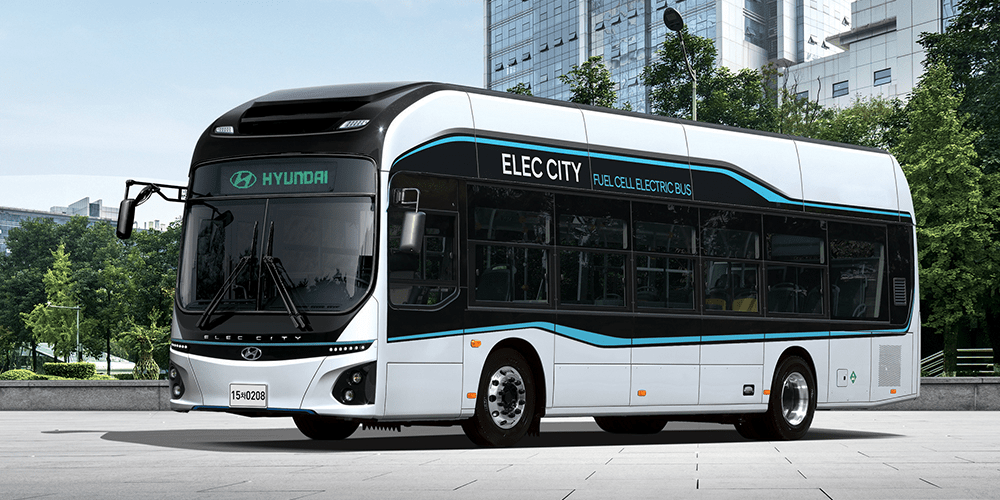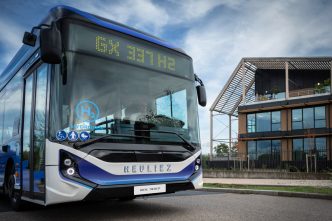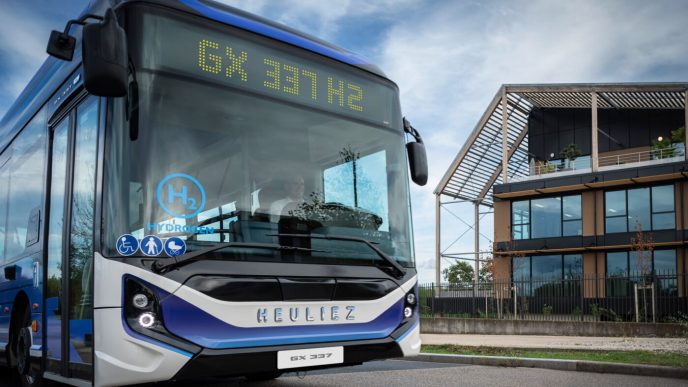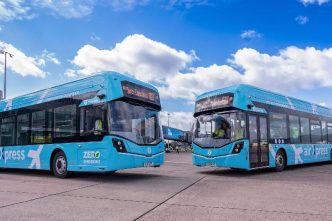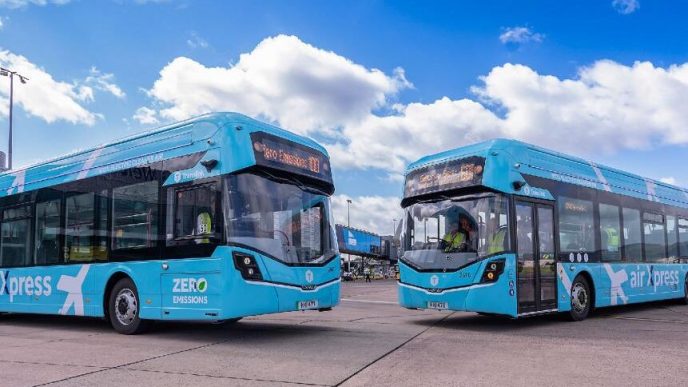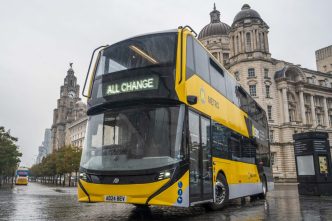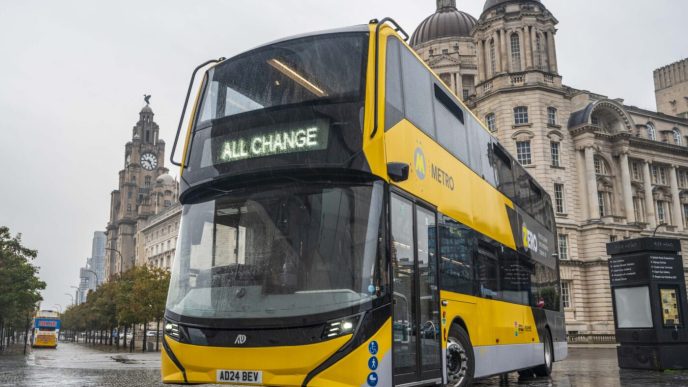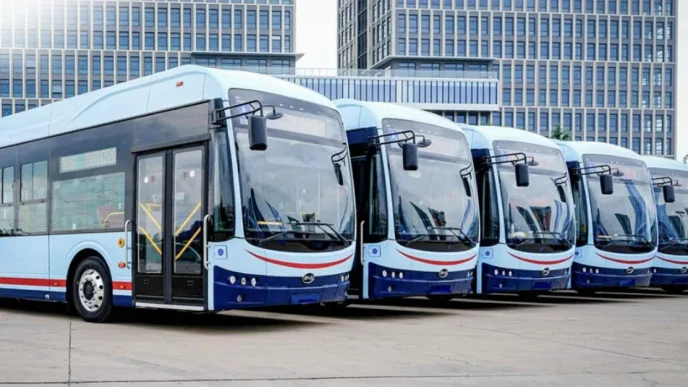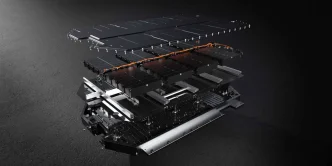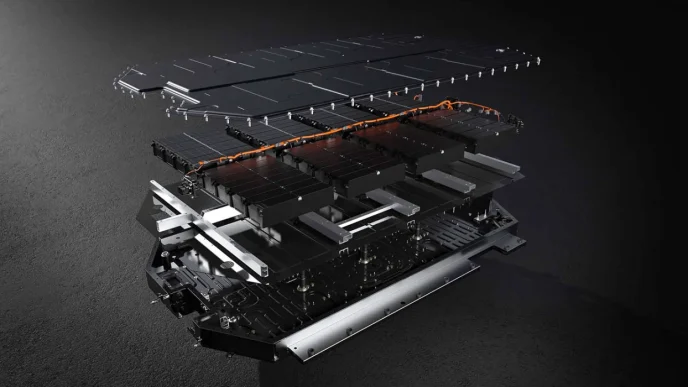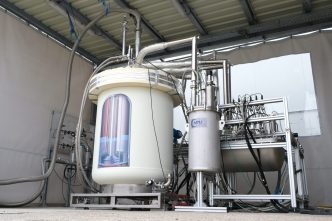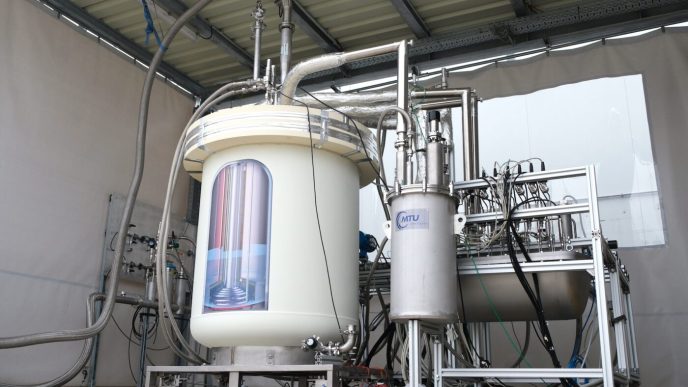The South Korean government has announced plans to expand the use of hydrogen buses in metropolitan areas, aiming for 21,200 hydrogen-powered buses by 2030.
This ambitious target, outlined by the Ministry of Environment in collaboration with the Ministry of Land, Infrastructure and Transport’s Metropolitan Area Transportation Committee (METC), is intended to make hydrogen buses account for 25 percent of the metropolitan bus fleet by the end of the decade.
The plan focuses on converting intercity, city, and charter buses to hydrogen-powered vehicles, as they are well-suited for the extended routes typical of metropolitan areas.
The Metropolitan Transportation Policy Bureau is actively working to recruit transportation operators to integrate hydrogen buses into their fleets. This year, the agency aims to introduce hydrogen buses on three routes (23 buses) out of the ten new semi-public metropolitan bus routes (77 buses).
Hyundai, South Korea’s primary hydrogen bus manufacturer, announced in April that it is increasing production capacity at its Jeonju plant from 500 to 3,000 hydrogen buses annually to meet growing demand. Doosan’s HiExium Motors division is also expected to begin producing hydrogen buses in the country by the end of the year.

